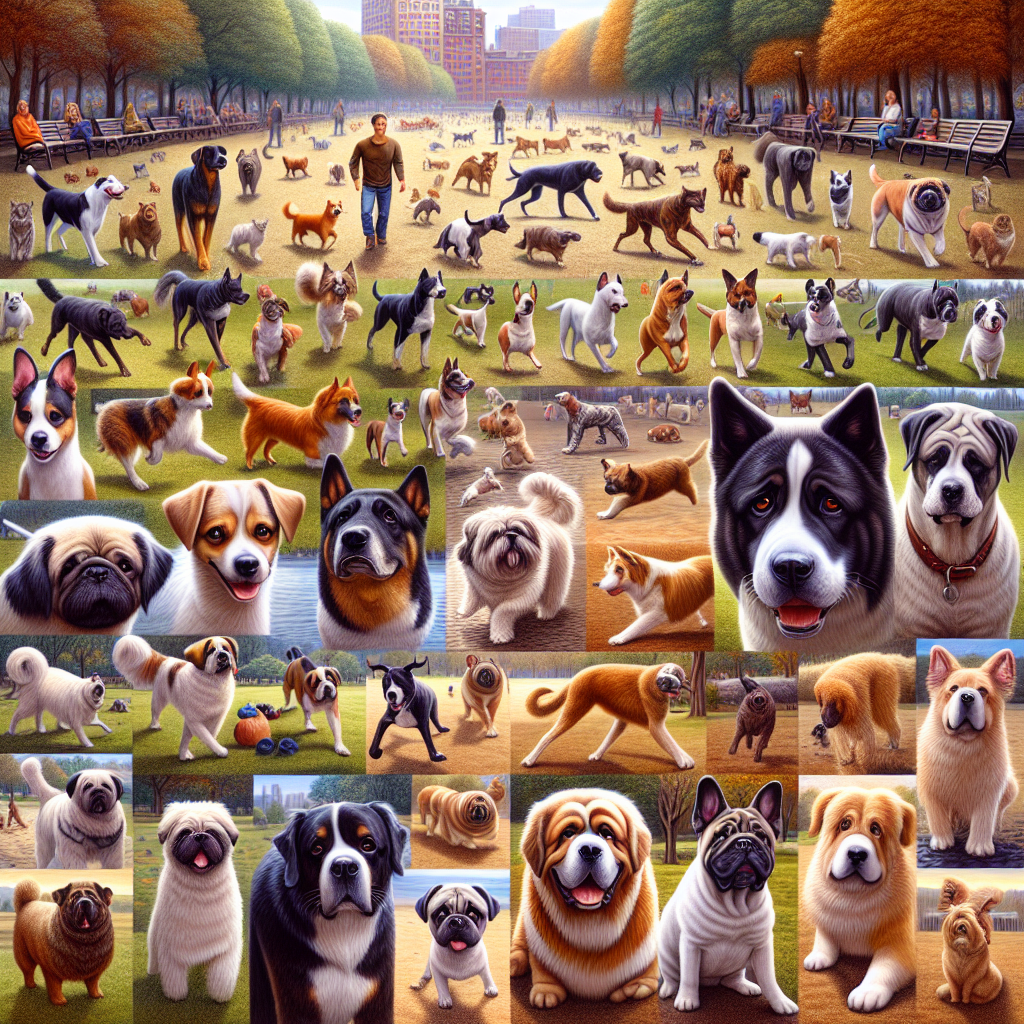The Scottish Deerhound, often cited as the dog most closely resembling the lion killer of ancient times, is a breed with a fascinating history steeped in legend. Known for its impressive size and speed, this majestic hound was once used by Scottish chieftains to hunt deer and other large prey, including fearsome predators like wolves and even, some claim, lions. The Deerhound’s ancient reputation as the lion killer of the British Isles has captured the imagination of many, sparking curiosity about the breed’s true capabilities and courage.
In this article, we will explore the historical origins of the Scottish Deerhound and its reputation as the lion killer, as well as delve into the breed’s temperament, physical characteristics, and modern-day roles. Join us as we unravel the mystery of the lion-killing dog and discover what makes the Scottish Deerhound a truly remarkable breed. Let’s dive into the world of this majestic hound and uncover the truth behind its legendary status.
Which Dog Breed is Known as the Lion Killer?
When it comes to the question of which dog is called the lion killer, the answer lies in the history of the Rhodesian Ridgeback. This breed, originally from Southern Africa, was used by big game hunters to track and corner lions until the hunter could arrive to make the kill. The Rhodesian Ridgeback’s bravery, strength, and agility made them well-suited for this dangerous task. However, it is important to note that while the Ridgeback has been nicknamed the Lion Killer, they are now predominantly kept as family pets and are known for their loyal and friendly nature.
What dog is called the lion killer?
The dog breed that is famously known as the “lion killer” is the Rhodesian Ridgeback. This breed originated in Southern Africa and was initially bred to assist in hunting large game such as lions, hence earning its nickname. The Rhodesian Ridgeback is a strong, muscular, and agile dog with a distinctive ridge of hair along its back that grows in the opposite direction from the rest of its coat.
The Ridgeback’s hunting abilities, intelligence, and loyalty make it a formidable opponent for larger predators like lions. They were used by early settlers in Africa to track and corner lions until the hunters could arrive to dispatch the lion. Despite their history as lion hunters, Rhodesian Ridgebacks are known for their friendly and loyal nature towards their human families.
In modern times, Rhodesian Ridgebacks are more commonly kept as family pets or used in various dog sports such as agility and obedience training. However, their hunting instincts and physical capabilities are still present, making them a versatile and capable breed.
Statistics show that Rhodesian Ridgebacks are involved in very few incidents with lions today, as they are typically kept as companion animals rather than for hunting purposes. Nevertheless, their reputation as the “lion killer” remains a testament to their heritage as skilled and fearless hunters.
Conclusion
Overall, the article “What dog is called the lion killer?” shed light on the courageous and powerful Anatolian Shepherd dog breed, known for its ability to protect livestock from predators such as lions. Originating from Turkey, these dogs have a long history of guarding and defending their territory, making them a valuable asset to farmers and shepherds in regions where predators pose a threat. The Anatolian Shepherd’s size, strength, and protective instincts make them well-suited for the task of warding off potential threats and keeping livestock safe from harm.
Through the recounting of a story where an Anatolian Shepherd successfully defended a flock of goats from a lion attack, the article highlighted the remarkable bravery and loyalty of this breed. The anecdote serves as a powerful example of the Anatolian Shepherd’s effectiveness as a guardian and protector, showcasing their unwavering commitment to their charges. As such, the Anatolian Shepherd has rightfully earned the title of “lion killer,” symbolizing their fearlessness in the face of danger and their dedication to ensuring the safety of those under their care.




